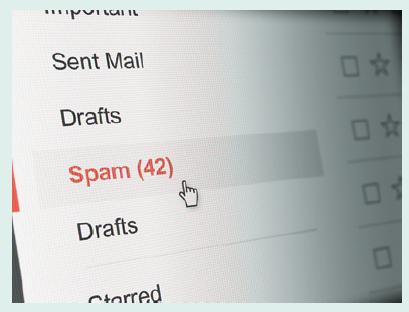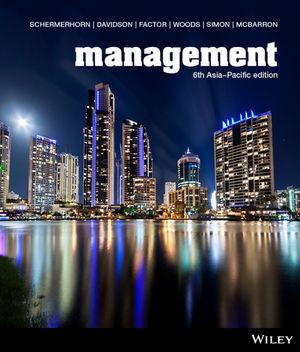Not all email scams to businesses and homes are from Nigeria. Such emails usually include a request
Question:
Not all email scams to businesses and homes are from Nigeria. Such emails usually include a request for bank details so that they can deposit money. A so‐called ‘Nigerian’ scam is a form of upfront payment or money transfer. They are called Nigerian scams because the first letters came from Nigeria, but they can come from anywhere in the world. Increasingly, as more developing nations around the world gain access to technology, such emails are originating in regions closer to home, such as Asia.
The scammers usually contact you by email or letter and offer you a share in a large sum of money that they want to transfer out of their country. Usually, the money is restricted by central banks due to civil wars or coups, often in countries you’ve heard of in the news. The email or letter is usually very polite, but in broken English. The following email, which originated in Malaysia, is about massive inheritances that are supposedly unclaimed.
I am Mr. Davies Abraham the director of Accounts & auditing dept (CIMB Bank Group Malaysia) With due respect, I have decided to contact you on a business transaction that will be beneficial to both of us and our family. At the bank’s last accounts/auditing evaluations, my staffs came across an old account which was being maintained by a foreign client who we learn was among the deceased passengers of motor accident on (November 2003) the deceased was unable to run this account since his death.
The account has remained dormant without the knowledge of his family since it was put in a safe deposit account in the bank for future investment by the client and we have tried to contact the details of the next of the kin but our effort is in vain so CIMB Bank gathered that every body in the family died in the Accident.
The recipient is asked to pay money or give the sender bank account details to help them transfer the money. They are then asked to pay fees, charges or taxes to help release or transfer the money out of the country through their bank. These ‘fees’ may even start out as quite small amounts. If paid, the scammer will make up new fees that require payment before they can send the ‘reward’. They will keep making up these excuses until they think they have got all the money they can.
QUESTION
What decisions can businesses make to ensure that their communication with overseas suppliers is legitimate?
Step by Step Answer:

Management
ISBN: 9780730329534
6th Asia Pacific Edition
Authors: Schermerhorn, John, Davidson, Paul, Factor, Aharon, Woods, Peter, Simon, Alan, McBarron, Ellen





